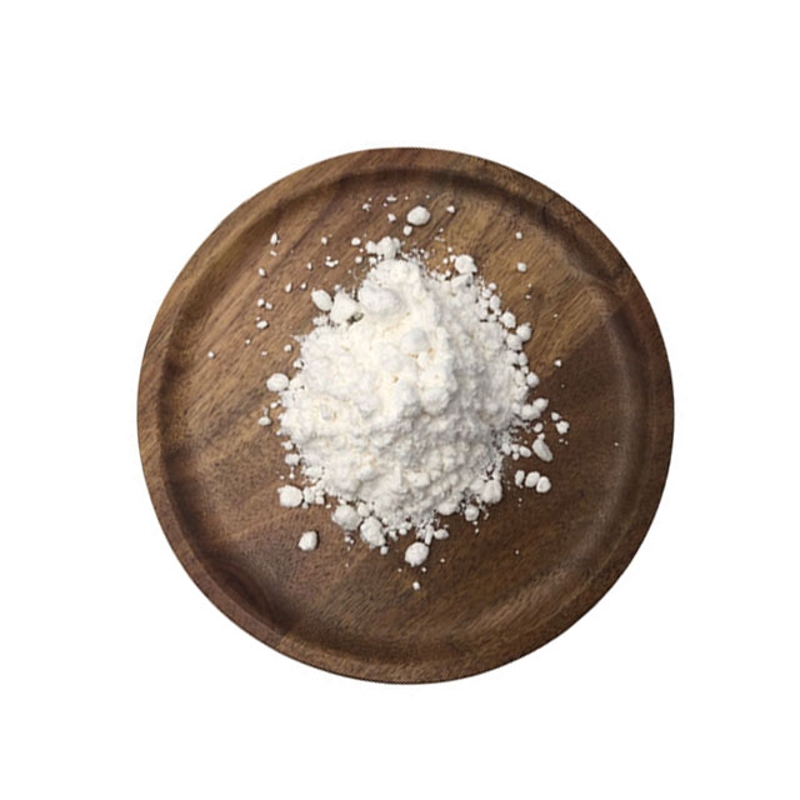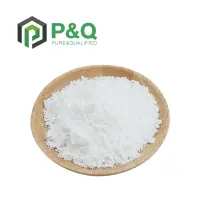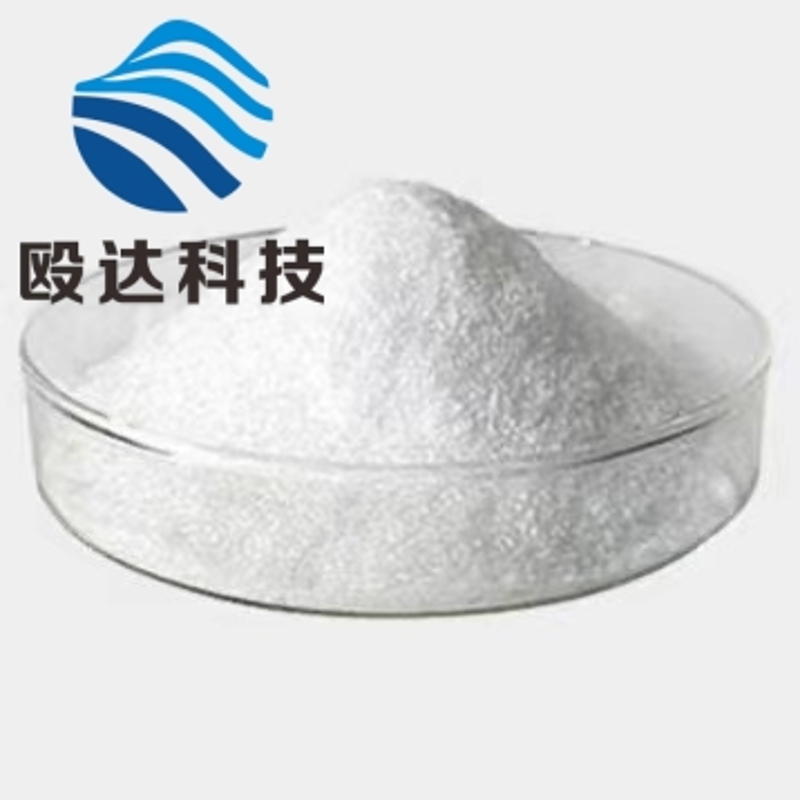-
Categories
-
Pharmaceutical Intermediates
-
Active Pharmaceutical Ingredients
-
Food Additives
- Industrial Coatings
- Agrochemicals
- Dyes and Pigments
- Surfactant
- Flavors and Fragrances
- Chemical Reagents
- Catalyst and Auxiliary
- Natural Products
- Inorganic Chemistry
-
Organic Chemistry
-
Biochemical Engineering
- Analytical Chemistry
- Cosmetic Ingredient
-
Pharmaceutical Intermediates
Promotion
ECHEMI Mall
Wholesale
Weekly Price
Exhibition
News
-
Trade Service
Image: Henrik Zetterberg, Nicholas Ashton and Kaj Blennow
Source: University of Gothenburg
Staying in space for a long time seems to cause brain damage
The study, published in the journal Science, "the American Medical Association Neurology"
Scientists tracked five Russian male astronauts working on the permanent manned International Space Station (ISS), which is in orbit 400 kilometers from the Earth's surface
The long-term adverse effects on the human body in space have been known for some time
Evidence of brain damage
They collected blood samples from the astronauts 20 days before heading to the International Space Station
After they returned to Earth, follow-up blood samples were collected one day, one week, and approximately three weeks after landing
The concentration of three of these biomarkers—NFL, GFAP, and amyloid β protein Aβ40—increased significantly after staying in space
"This is the first time that concrete evidence of brain cell damage has been found in blood tests after spaceflight
There are several studies going on
"To do this, we must help each other find out the cause of the damage
The magnetic resonance imaging (MRI) of the brain has also changed after the space travel, which confirms the idea that changes may have an impact on brain function
Zetterberg and his co-authors at the university, scientists Nicholas Ashton and Kaj Blennow, are currently discussing follow-up studies with other researchers involved in this research and national and international space research institutions
Zeitberg said: "If we can find out the cause of the damage, the biomarkers we develop may help us find the best way to solve the problem
DOI
10.







